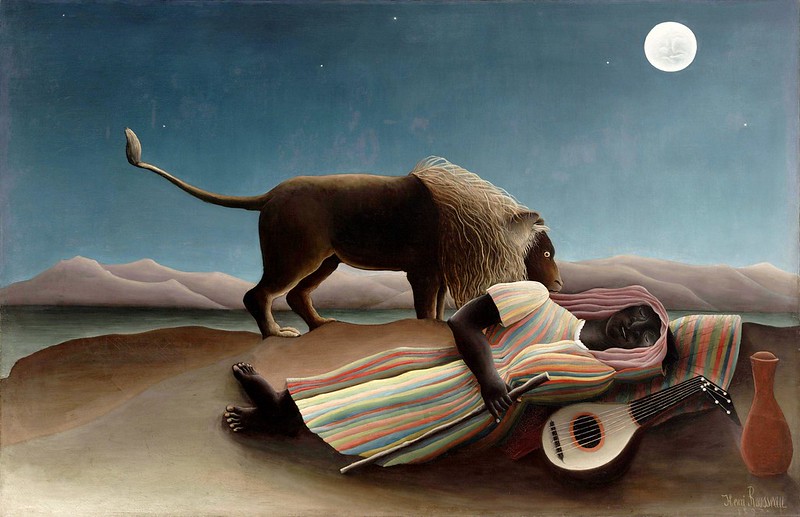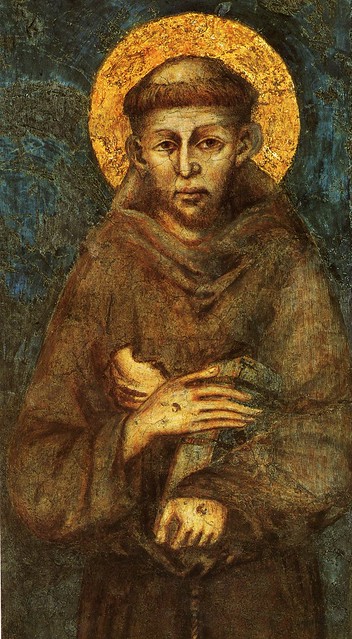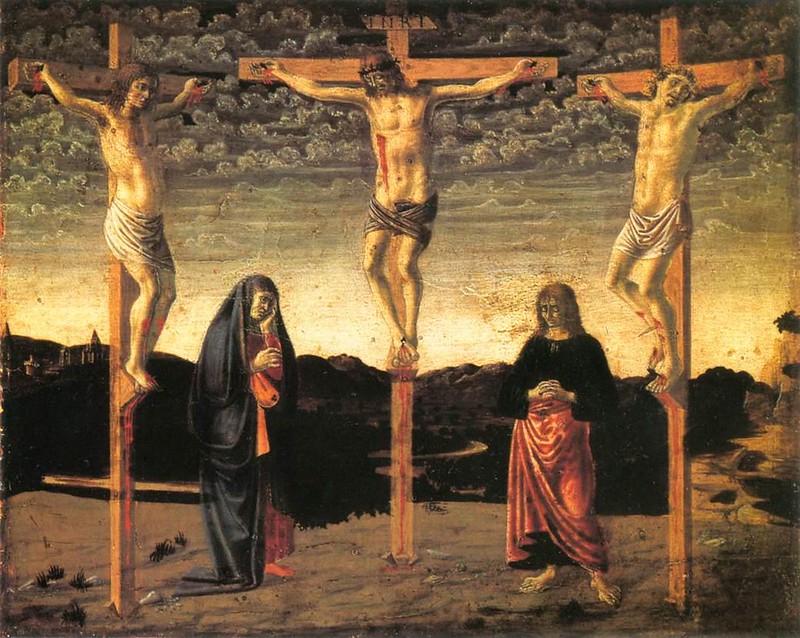
Every Grain of Sand
Brian Zahnd
In the fury of the moment I can see the Master’s hand
In every leaf that trembles, in every grain of sand
–Bob Dylan, Every Grain of Sand
I had a dream. I dreamed I was riding a yellow bicycle. While riding my yellow bicycle I was intently observing the beauty of creation, especially the vibrant colors — the green of the grass and trees (the human eye is more attune to the green spectrum than any other), the blue sky, the red roses, the yellow dandelions. During my colorful dreamland bike ride I was thinking about the nature of salvation. When I awoke I wrote down my nocturnal thoughts:
When we make salvation mostly postmortem, all about the afterlife, we create a barrier — a wall of separation between redemption and the land of the living. No wonder so many shrug their shoulders in disinterest. But when we locate salvation here and now we achieve a stunning relevance.
Salvation is about being human. This is why the Logic (Logos) of God became human flesh. Jesus came to give us back the life we lost ever since we stumbled out of the garden to wander in the violent land east of Eden.
When Adam and Eve were banished from Eden Creation lost its gardener. Is it any surprise that the faster our technology has advanced the more rapacious we have become in the pillage and plunder of our planet? When we lost our vocation as gardeners, the planet lost its God-ordained caretakers. From the stone age to the dawn of the industrial age the planet has been able to muddle by without its caretakers, but now human civilization, divorced from its original vocation, threatens to imperil the earth.
Mary Magdalene’s Easter “mistake” of thinking Jesus was the gardener is a poetic hint of how the Last Adam leads us back to our first vocation. Any understanding of salvation that doesn’t lead us to love God’s creation is far more Gnostic than Christian. Or perhaps it’s just voracious capitalism dressed up in Christian garb — a wolf in sheep’s clothing. If we cannot love the primeval forest I’m not sure we can love either God or neighbor. The wise Elder Zosima in The Brothers Karamazov gives this counsel to the novice monk Alyosha:
Read more








